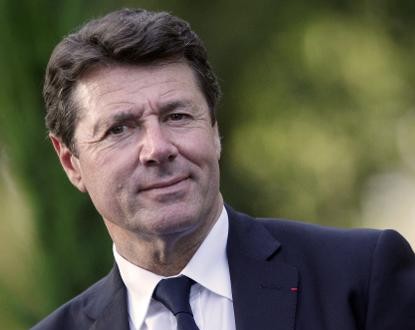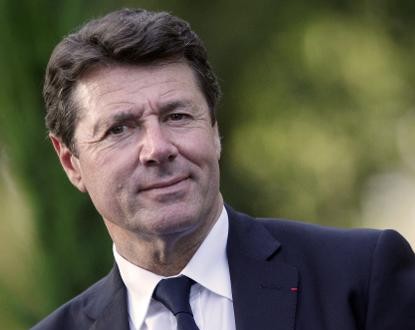Christian Estrosi, more than ever in pre-election campaign, rides the wave of tax revolt skillfully orchestrated by the governmental opposition and plays the zero-tax card to send a message to an electorate very sensitive to anything that directly or indirectly relates to taxes.

Hence his decision to move forward with the organization of the budget orientation debate and the vote on the 2014 budget before the end of the year.
Why this pressure? To clarify the horizon at a time when the financial situation of the municipality is being criticized and questioned, but also to stop the drift of the said and unsaid, detrimental to the good manager of the City that Christian Estrosi claims to have been.
Finally, the most anticipated statement was made: “Despite the regular budgetary assault by the State, I will not raise the taxes of the people of Nice next year” – said the first magistrate.
But how does Christian Estrosi think he can combine taxes, public spending, and debt?
The key words of the budget construction are simple and will form its framework: The stability of taxation, the control of public spending, and the control of indebtedness.
For the first, speaking only of next year might mean that the door will remain open for the following years, just in case? Let us not forget that when the mayor of Nice speaks of zero taxation during the mandate that will end in a few months, he forgets to recall the 15% increase in local taxes for the 2008 fiscal year. An increase that, quite naturally, had repercussions during the remaining 5 years.
As for the control of expenses, Nice will not escape the situation: Government measures will deprive it of over 12 million euros of maneuvering room compared to 2013, and nearly 25 million compared to 2012.
Under these conditions, how can one refrain from increasing taxes except by making savings? Which, in a community where the main activity is services, automatically brings us back to staffing levels.
But since 2+2 will always make 4, the control of debt will be the significant reduction of public investment (excluding line 2 of the tramway).
.
For Christian Estrosi: “The time will also be for the consolidation of our gains. Our investment policy will thus be adjusted so as not to degrade our financial ratios”.
In other words, in the future we will go directly to Lent without passing through Carnival!
The essential seems to have been said…



